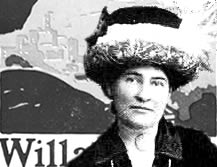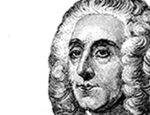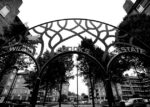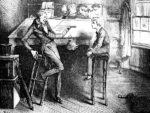Description
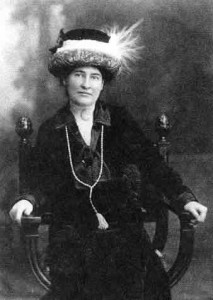 Read Willa Cather, the Virginia-born novelist whose deceased hero in her masterpiece The Professor’s House (1925) is a working-class scientist whose route out of poverty was Latin. Tom Outland has died at the age of thirty, fighting at Flanders, and does not enter the story as a living character until a long ‘flashback’ half-way through the novel, by which time Cather has established the balancing character of the titular Professor. Cather had herself read Classics at the University of Nebraska, and her novel explores both the reactionary and the liberating, progressive potentials of studying Mediterranean antiquity.
Read Willa Cather, the Virginia-born novelist whose deceased hero in her masterpiece The Professor’s House (1925) is a working-class scientist whose route out of poverty was Latin. Tom Outland has died at the age of thirty, fighting at Flanders, and does not enter the story as a living character until a long ‘flashback’ half-way through the novel, by which time Cather has established the balancing character of the titular Professor. Cather had herself read Classics at the University of Nebraska, and her novel explores both the reactionary and the liberating, progressive potentials of studying Mediterranean antiquity.
Outland was a brilliant scientist who discovered a principle relating to vacuums, patented as the Outland Engine. At the time of the novel it has already revolutionised aviation. He had no time for American capitalism and was in pursuit of more cerebral ideals than the other, business-oriented characters. He was a working-class orphan with little idea of his biological family’s historical roots, thus symbolising the entire uprooted, transplanted population of modern America. Outland was born on an unknown date to an unknown mother crossing Kansas in a ‘prairie schooner’—one of the iconic covered waggons symbolic of the white winning of the West—but she had died and he was raised as a foundling by an Irish locomotive engineer in the liminal geospatial zone of New Mexico. Outland’s early life had been spent with the working-classes of the south-west, allowing Cather to remind her reader of the industrial conflicts which had blighted recent history, including the hanging of the Chicago anarchists in 1887.
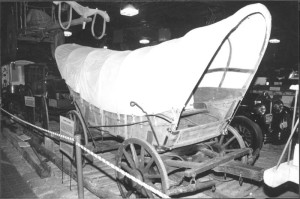 Outland never attended high school, but had a passion for books and persuaded a priest to teach him classical Latin. His life was changed by his discovery that the pre-Columbus Pueblo Indian ‘cliff-dwellers’ at Mesa Verde had a culture as advanced as the Minoans. At the age of twenty he turned up at Hamilton College with a few hundred dollars and began to study in earnest. He is a spokesman for the possibility of a more egalitarian America which has forged a new relationship with the ancient culture of Europe. In adopting Outland as his protégé, the Professor admires the way he will not let financial considerations contaminate friendship, ‘a result of Tom’s strange bringing-up and early associations’, of a ‘dream of self-sacrificing friendship and disinterested love down among the day-labourers, the men who run the railroad trains and boats and reapers and thrashers and mine-drills of the world.’
Outland never attended high school, but had a passion for books and persuaded a priest to teach him classical Latin. His life was changed by his discovery that the pre-Columbus Pueblo Indian ‘cliff-dwellers’ at Mesa Verde had a culture as advanced as the Minoans. At the age of twenty he turned up at Hamilton College with a few hundred dollars and began to study in earnest. He is a spokesman for the possibility of a more egalitarian America which has forged a new relationship with the ancient culture of Europe. In adopting Outland as his protégé, the Professor admires the way he will not let financial considerations contaminate friendship, ‘a result of Tom’s strange bringing-up and early associations’, of a ‘dream of self-sacrificing friendship and disinterested love down among the day-labourers, the men who run the railroad trains and boats and reapers and thrashers and mine-drills of the world.’

